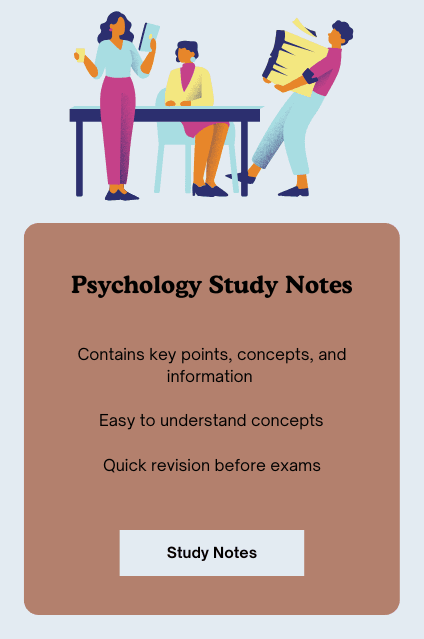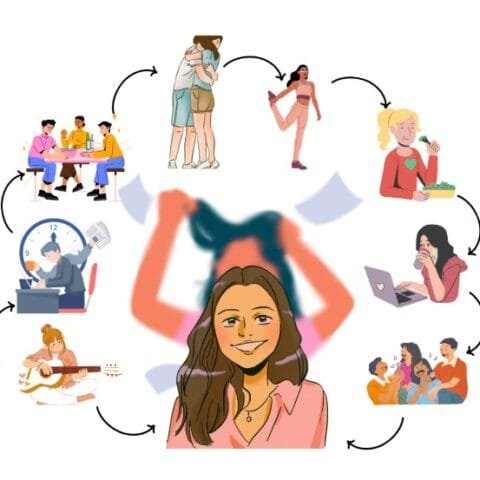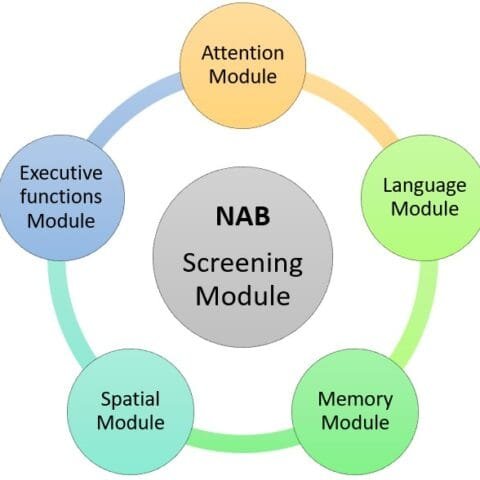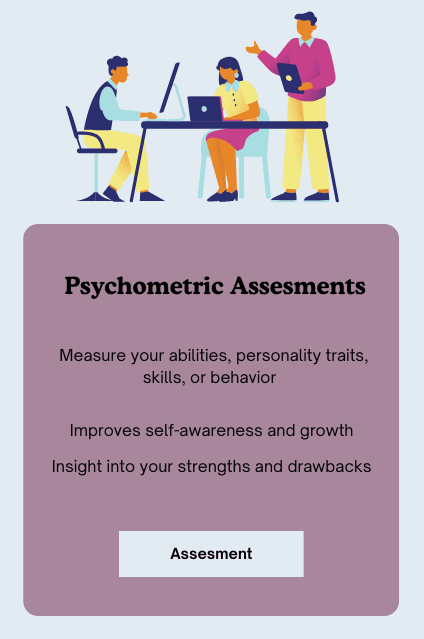
Recent Posts
Moral Development Theory: How Kohlberg’s 6 Stages Define Morality
Introduction to Moral Development theory by Kohlberg Kohlberg’s moral development theory suggests that persons proceed through distinct stages to arrive at their understanding of right and wrong. The theory, based

4 Essential Bowlby’s Attachment Styles
Introduction to Attachment theory Parent- child Attachment Styles, established by John Bowlby, proposes that there is an inherent human desire for bonding in some enduring emotional way with the main
What is Experiment? Its 9 characteristics & Types
What is an Experiment? An experiment is a scientific method used to establish causal relationships between variables. It involves the manipulation of an independent variable (IV) to observe its effect

4 Important Theories of Intelligence
Introduction to Theories of Intelligence What exactly is intelligence? Is it a single, measurable trait, or does it exist in multiple forms? Over time, psychologists have developed various theories of

3 Key Coping Strategies for Stress
“Coping” is defined as the cognitive, behavioral, and emotional efforts taken in response to demands perceived by him as taxing or exceeding his resources. Types of Coping Methods Problem-Focused Coping
2 Important Types of Amnesia and 3 Important Presentation of Amnesia Related Illnesses
Introduction Amnesia refers to a significant deficit in memory function that affects the ability to encode, store, and retrieve information. It can arise due to neurological damage, traumatic injury, or
Long-Term Potentiation and Its 3 Important Stages
Introduction Long-term potentiation (LTP) is a fundamental process in neurobiology, describing a long-lasting enhancement in synaptic strength following high-frequency stimulation of neurons. First observed by Bliss and Lømo in 1973,

Sample report : Neuropsychological Assessment Battery (NAB) Screening Module
Purpose of the Test To Screen the respondents on cognitive skills in the domains of Attention, Language, Memory, Spatial and Executive functions by using Neuropsychological Assessment Battery (NAB) by Robert
5 Important Brain Areas Related to Learning and Memory
Introduction to Brain Areas Related to Learning and Memory Learning and memory are fundamental cognitive functions that enable organisms to acquire, store, and retrieve information. These processes involve complex neural
Metacognition and Its 3 Important Components
Introduction Metacognition refers to an individual’s knowledge and control over their cognitive processes, playing a crucial role in learning and problem-solving (Matlin & Farmer, 2015). One essential component of metacognition
Forgetting and Its 3 Interesting Theories of
What is Forgetting? Forgetting is the inability to recall or retrieve previously learned information. It can be temporary or permanent and may result from several cognitive and neurological processes, including
Connectionist Perspective to Memory and 2 Important Challanges to It
Introduction The connectionist perspective, as championed by Rumelhart and McClelland, provides a compelling framework for understanding memory processes, diverging from traditional serial processing models by embracing the brain’s parallel and


